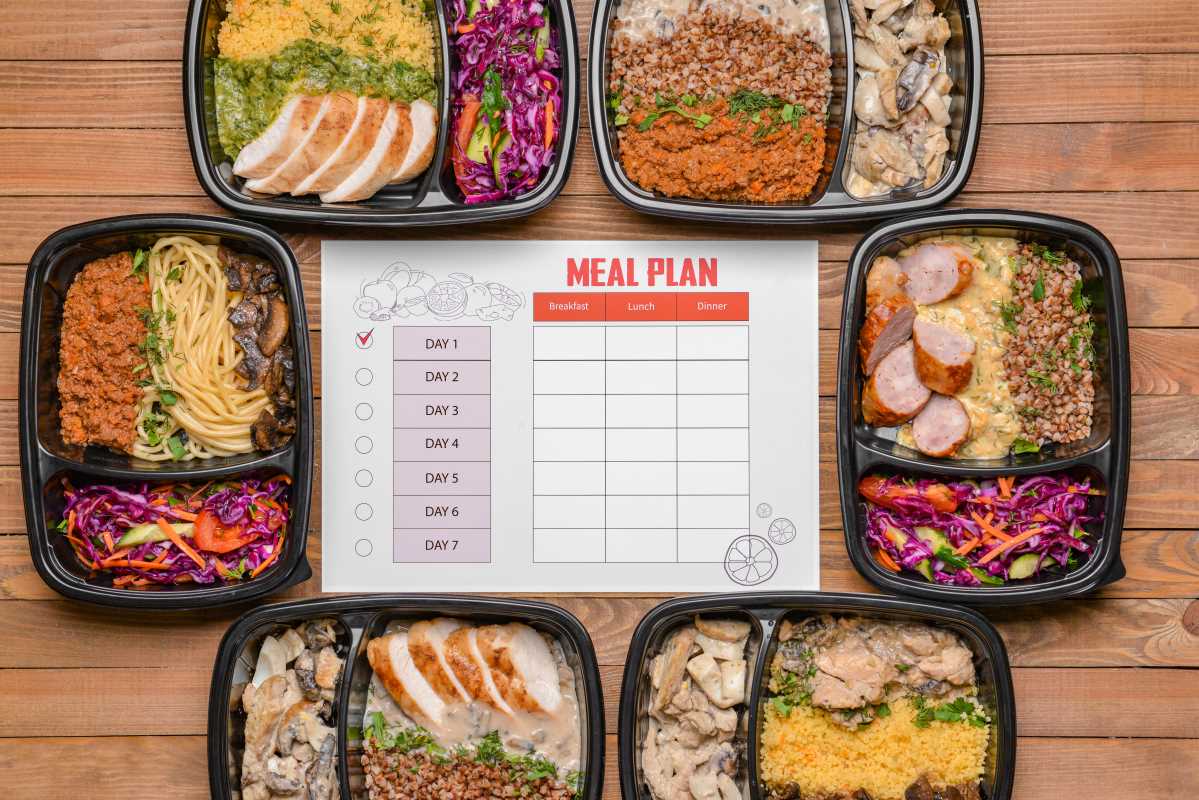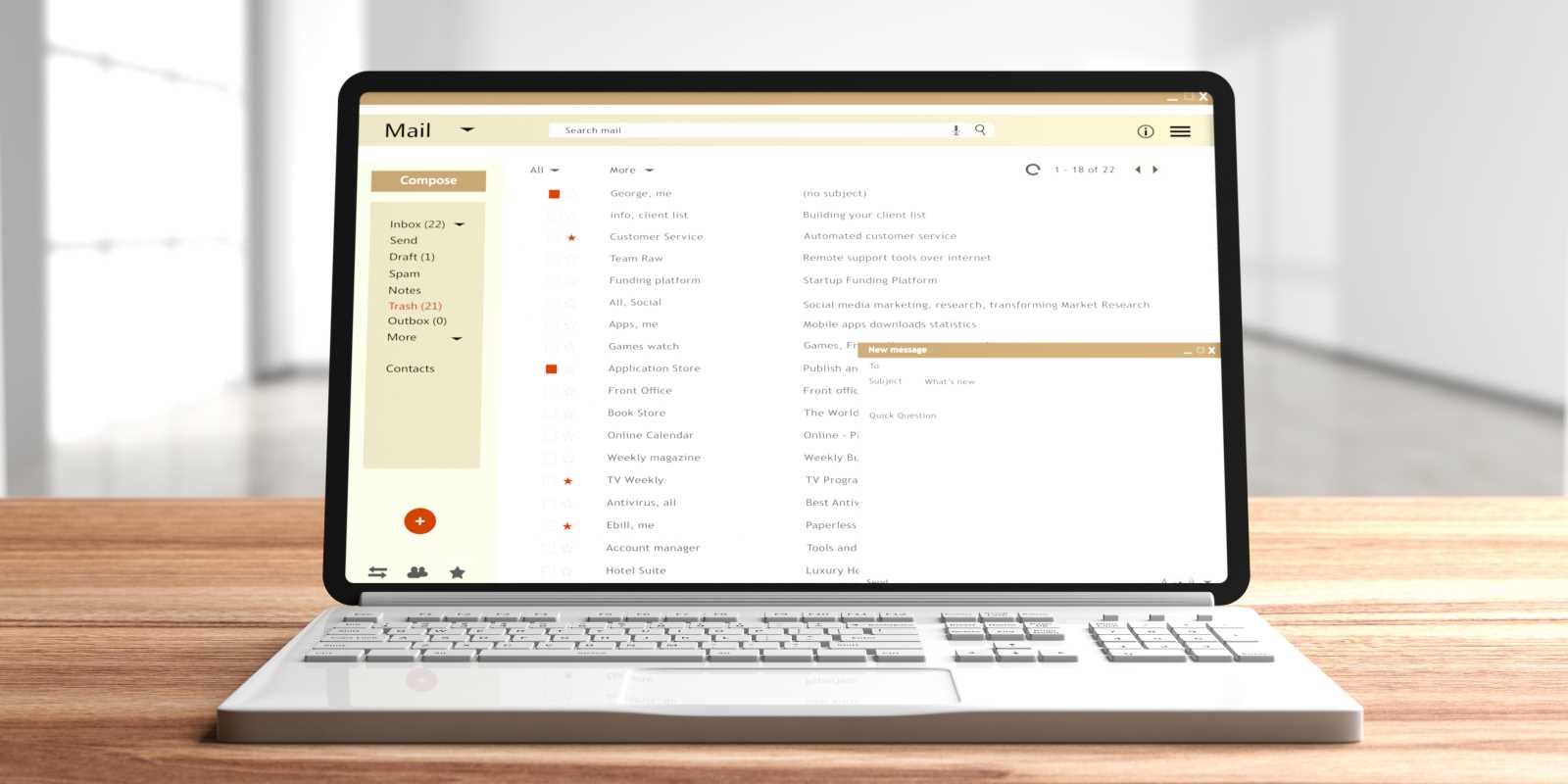The daily question of “What’s for dinner?” can feel like a constant source of stress. The scramble to find ingredients, decide on a recipe, and cook a meal after a long day can drain your time and energy. Meal planning offers a brilliant escape from this cycle. It is a transformative habit that replaces daily decision fatigue with a clear, simple plan. By dedicating a small amount of time once a week, you can save countless hours, reduce food waste, and bring a refreshing sense of order to your kitchen. Imagine your week flowing smoothly, with delicious meals ready to go. This guide provides the practical steps to make that vision your reality.
The Power of a Plan: More Than Just Food
Meal planning is a superpower for your productivity. Its benefits ripple out into many areas of your life, creating a cascade of positive effects that go far beyond the kitchen. The practice is fundamentally about being proactive rather than reactive. You make decisions ahead of time, freeing up mental energy during the busy week for other important tasks.
This forward-thinking approach significantly reduces stress. The pressure to come up with meal ideas on the spot vanishes, replaced by the calm confidence of knowing exactly what you are having. It also leads to healthier eating habits. Planning your meals allows you to incorporate more balanced, nutritious options, steering you away from last-minute, less-healthy takeout choices. Furthermore, you will see a noticeable difference in your budget. A solid meal plan means you buy only what you need, drastically cutting down on impulse purchases and food waste.
Your Step-by-Step Guide to Meal-Planning Success
Building a meal-planning habit is a journey of small, consistent steps. This structured process breaks it down into simple, manageable actions that will help you create a system that works for your unique lifestyle.
1. The Master List: Create Your Recipe Arsenal
Your first step is to create a "master list" of meals your household already loves. This is your go-to arsenal of tried-and-true recipes. You do not need to reinvent the wheel every week.
- Grab a notebook or start a digital document.
- Brainstorm all the meals you enjoy making and eating. Think about categories: quick 30-minute meals, slow-cooker favorites, simple pastas, and hearty salads.
- Aim for a list of at least 15-20 meals. This gives you plenty of variety to pull from each week.
- Keep this list handy and add to it whenever you try a new recipe that’s a hit.
2. The Weekly Schedule: Block Out Time
Consistency is key. Choose a specific day and time each week to dedicate to meal planning. For many, Sunday afternoon or evening works well.
- Schedule this "planning session" in your digital or paper calendar. Treat it as a non-negotiable appointment.
- This session should only take about 30-60 minutes once you get into a rhythm.
- During this time, you will choose your meals, check your inventory, and build your grocery list.
3. The Plan: Choose Your Meals for the Week
With your master list in hand, it is time to fill in your weekly meal calendar. Look at your schedule for the upcoming week.
- Identify busy nights that require a quick and easy meal. Plan a slow-cooker recipe or something with minimal prep for those days.
- Note any evenings you plan to eat out or have leftovers. You do not need to plan a new meal for every single night.
- Select your meals from your master list and assign them to specific days. Write it down on a calendar, a whiteboard in your kitchen, or a meal-planning app.
4. The Inventory Check: Shop Your Kitchen First
Before you write your grocery list, take a quick inventory of your pantry, fridge, and freezer. This is a crucial step for saving money and reducing waste.
- Check which ingredients you already have for the meals you have planned.
- Look for opportunities to use up produce or other items that are close to expiring. You might decide to swap one meal for another to use up what you have.
5. The List: Build Your Smart Shopping List
Now, create your grocery list based on what you need for your planned meals after checking your inventory. A well-organized list is your best defense against impulse buys.
- Organize your list by store section (e.g., Produce, Dairy, Meat, Canned Goods).
- This makes your shopping trip incredibly efficient, as you can move through the store systematically without backtracking.
- Stick to your list! This discipline is what saves you money and prevents your pantry from becoming cluttered with items you will not use.
Advanced Strategies to Level Up Your Meal Plan
Once you have mastered the basics, you can incorporate these advanced strategies to make your meal-planning process even more efficient and enjoyable.
Theme Your Nights
Assigning a theme to each night of the week can be a fun way to simplify your choices. This provides structure while still allowing for flexibility.
- Example Weekly Themes:
- Monday: Meatless Monday (vegetarian or vegan)
- Tuesday: Taco Tuesday (tacos, burrito bowls, or nachos)
- Wednesday: Pasta Night
- Thursday: Soup & Sandwich Night
- Friday: Pizza Night (homemade or takeout)
Embrace Batch Cooking and Prep
Dedicate an hour or two after your grocery trip to prep ingredients for the week. This "prep day" can save you an incredible amount of time on busy weeknights.
- Prep ideas include:
- Chop vegetables like onions, peppers, and carrots.
- Cook a large batch of a grain like quinoa or brown rice.
- Wash and dry lettuce for salads.
- Marinate meats.
- Portion out snacks into grab-and-go bags.
Plan for Leftovers
Think of leftovers as a gift to your future self. Intentionally planning for them is a smart and efficient strategy.
- Double a recipe one night to guarantee you have a full meal for lunch or dinner the next day.
- Designate one night a week as "leftover night," where everyone can choose from the available options in the fridge. This ensures food gets eaten and gives you a night off from cooking.
Meal planning is a skill that gets easier and faster with practice. Start with a simple plan for just a few nights a week. Celebrate the small wins: the calm weeknight, the money saved, the delicious and healthy meal you enjoyed without the stress. You are not just organizing your meals; you are investing in a more peaceful and productive life. This simple habit will give you back your time and energy, allowing you to focus on what truly matters.







